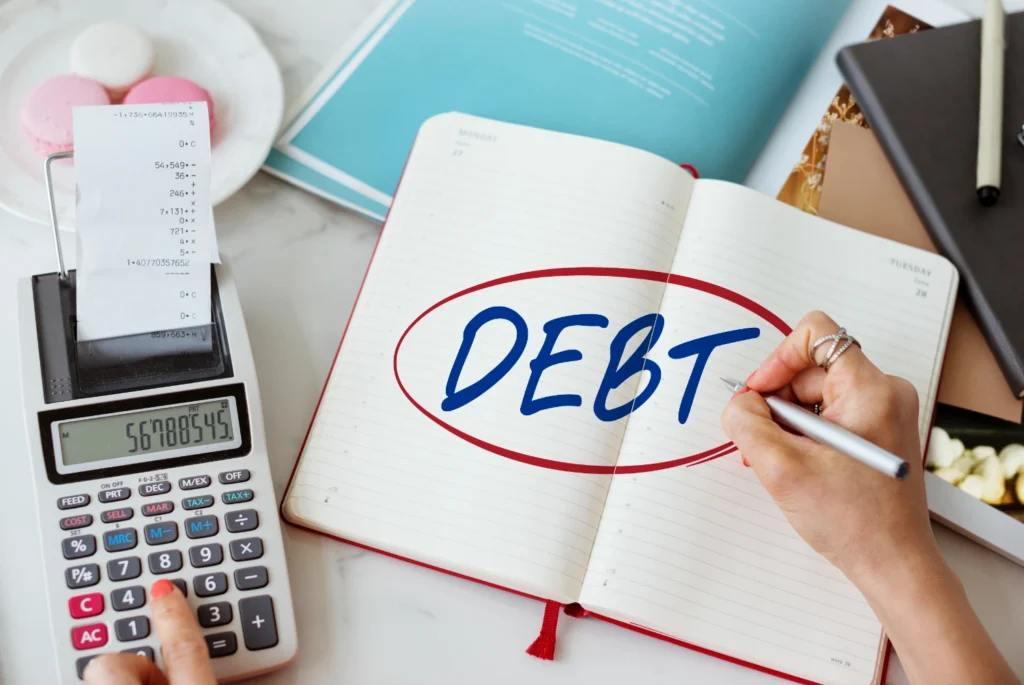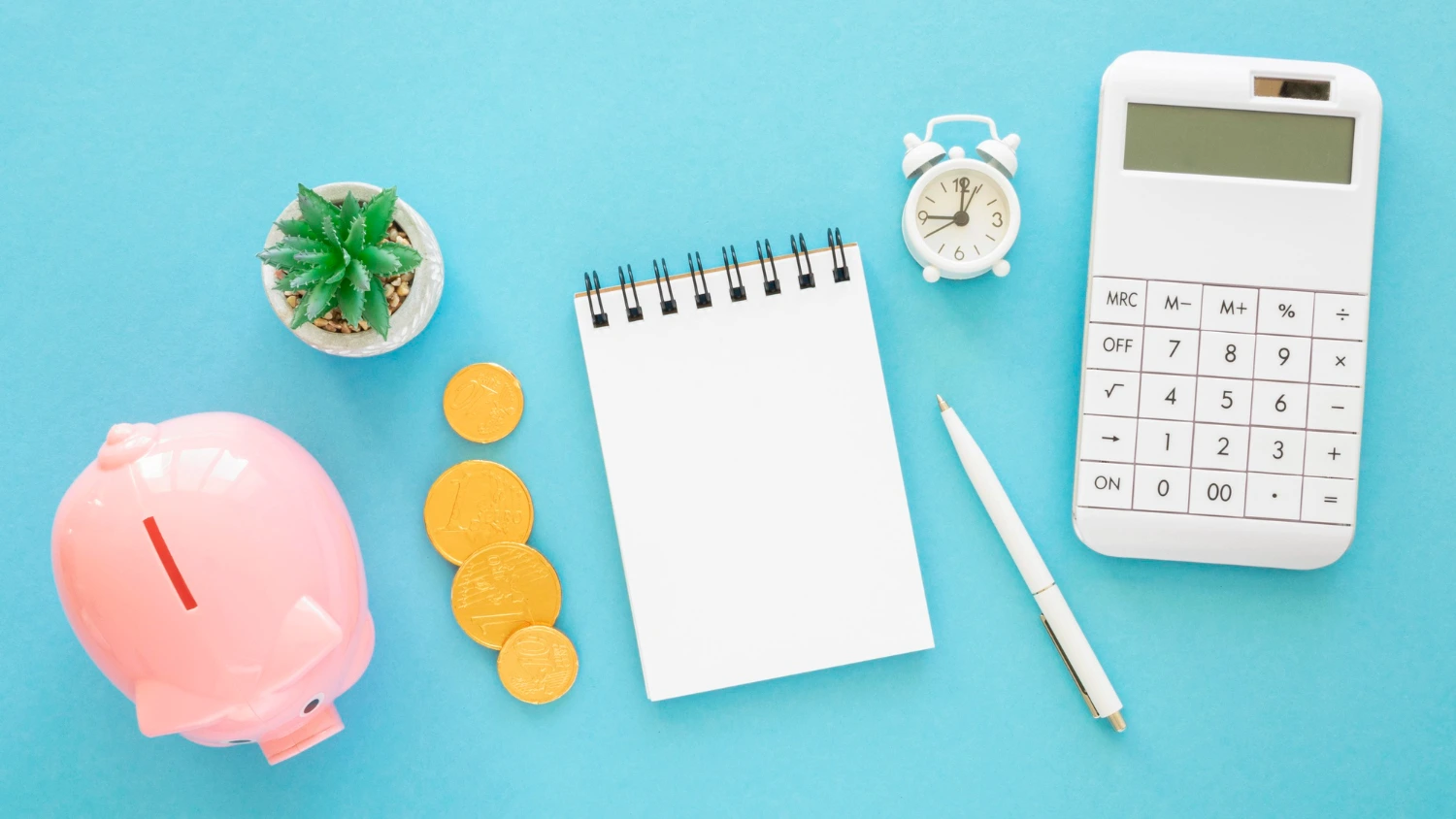Managing your finances effectively doesn’t have to be complex. In fact, some of the most impactful financial habits are surprisingly simple. If you’re looking to achieve a debt-free life, the good news is that with a few key adjustments, you can change the way you approach your money and take control of your financial future. By focusing on simple financial habits, you can build a path to financial freedom, reduce your debt, and gain peace of mind.
In this article, we’ll break down how adopting straightforward habits like budgeting, smart spending, and developing a positive money mindset can help you get closer to the goal of a debt-free life. Let’s dive in.
Table of Contents
Understanding the Power of Simple Financial Habits
You may be wondering, what exactly are “simple financial habits”? Simply put, they are small, consistent actions you take every day that accumulate over time and lead to significant improvements in your financial situation. They are about making smart choices, no matter how small they seem.
When you consistently implement simple financial habits, you don’t just reduce your debt you change your entire approach to money. This shift in behavior is essential for long-term financial success. Adopting these habits can help you:
- Stay organized with your finances
- Eliminate bad financial behaviors
- Prevent the build-up of unnecessary debt
- Build savings for both short- and long-term goals
Whether you’re just starting out on your financial journey or looking to refine your current habits, the key to getting ahead is consistency. Simple habits like tracking expenses, planning for the future, and automating your savings will lead to lasting results.
Budgeting Basics: The Foundation of Debt-Free Living
One of the simplest yet most effective financial habits is creating and sticking to a budget. Budgeting allows you to manage your money efficiently by providing a clear overview of your income and expenses. Without a budget, it’s easy to overspend, which can quickly lead to debt accumulation.
How to Create a Simple Budget
A budget is a roadmap for your finances. It tells you where your money is going and helps you make smarter spending decisions. Here’s how you can get started:
- Track Your Income: Start by identifying all sources of income your salary, side gigs, or passive income. This gives you a clear understanding of what you have to work with.
- List Your Expenses: Categorize your expenses into fixed (rent, utilities) and variable (groceries, entertainment). Be honest and thorough here to ensure that your budget is realistic.
- The 50/30/20 Rule: One simple budgeting method to try is the 50/30/20 rule. Allocate:
- 50% of your income to necessities (housing, utilities, groceries)
- 30% to discretionary spending (entertainment, dining out)
- 20% to savings or debt repayment
- Adjust as Needed: The first draft of your budget may not be perfect, and that’s okay. You can adjust it as you go to ensure you’re staying within your limits and making progress toward your financial goals.
By sticking to a budget, you’ll have more control over your finances and can direct funds toward debt repayment or saving for your future. Additionally, budgeting helps you understand where you’re overspending, enabling you to cut back on unnecessary purchases.
Building Smart Money Habits to Reduce Debt Faster

One of the best ways to work your way to a debt-free life is by adopting smart money habits that prioritize debt reduction. If you have outstanding debt, making a clear strategy to pay it down is essential.
Smart Debt Repayment Strategies
There are several approaches to reducing debt faster, but the most effective strategies focus on paying off high-interest debt first or tackling smaller balances to build momentum. Here’s a breakdown of two popular methods:
- The Debt Snowball Method: This strategy involves paying off your smallest debts first while making minimum payments on your larger debts. Once a small debt is paid off, you roll that payment into the next smallest debt. This creates a “snowball” effect that can help you stay motivated as you see progress.
- The Debt Avalanche Method: With this method, you focus on paying off your highest-interest debt first. While it may not feel as immediately rewarding as the snowball method, it can save you more money on interest in the long run.
The Importance of Automating Payments and Savings
Another powerful habit is automating your payments and savings. Setting up automatic transfers for debt payments, savings, and bills ensures that you never miss a payment and helps you avoid unnecessary interest charges. It’s an easy way to ensure you’re on track to reduce debt without thinking about it constantly.
Small Changes Add Up
Small, consistent changes in your spending and saving habits can have a big impact. Whether you’re choosing to cut back on dining out, canceling unused subscriptions, or setting up direct deposits into savings accounts, these decisions add up. When applied consistently, these habits significantly reduce your debt and increase your savings over time.
Setting Financial Goals and Tracking Progress
If you want to build simple financial habits that can lead to a debt-free life, setting clear and measurable financial goals is critical. Financial goals provide direction and motivation, helping you stay focused on your long-term aspirations.

How to Set SMART Goals
To ensure your financial goals are realistic and achievable, use the SMART criteria:
- Specific: Define exactly what you want to accomplish (e.g., pay off credit card debt).
- Measurable: Determine how you will measure your progress (e.g., reduce debt by 20% in 6 months).
- Achievable: Set goals that are challenging but still possible based on your income and current financial situation.
- Relevant: Ensure your goals align with your broader financial priorities (e.g., getting debt-free to buy a house).
- Time-bound: Set a deadline for achieving your goal to create a sense of urgency.
Tracking Your Progress
Once you set your financial goals, tracking your progress is essential. Use tools like budgeting apps or spreadsheets to monitor your debt repayment, savings growth, and expenses. Regularly check in to see how you’re progressing and adjust your approach if necessary.
Celebrating Milestones
As you hit key milestones, such as paying off a debt or reaching a savings goal, take time to celebrate your achievements. Recognizing your progress will motivate you to stay on track and keep building positive financial habits.
Developing a Positive Money Mindset for Financial Freedom
Your mindset plays a pivotal role in achieving financial success. A positive money mindset is about shifting your perspective and focusing on abundance rather than scarcity. When you have a positive mindset, you’re more likely to make proactive financial decisions, stay disciplined with your habits, and approach money with confidence.
How to Cultivate a Positive Money Mindset
- Focus on What You Can Control: Instead of stressing about things outside your control, like economic conditions, focus on the actions you can take right now to improve your finances.
- Practice Gratitude: Regularly acknowledging what you’re grateful for can reduce financial stress and help you maintain a positive attitude toward money. This can also encourage you to make thoughtful financial choices.
- Invest in Self-Education: The more you learn about personal finance, the better decisions you’ll be able to make. Read books, listen to podcasts, and attend seminars to build your financial knowledge.
- Visualize Financial Success: Create a vision board or set financial milestones to keep your goals in sight. This helps you maintain motivation and stay on track.
Developing a positive money mindset isn’t an overnight process, but it’s crucial in ensuring your long-term financial success. Your mindset directly influences your behavior, which in turn affects your financial habits.
Conclusion
Achieving a debt-free life doesn’t require a complete overhaul of your financial life. By adopting simple financial habits, such as budgeting, tracking progress, prioritizing debt repayment, and developing a positive mindset, you’ll be well on your way to taking control of your finances.
Start small, stay consistent, and be patient with yourself as you work toward your financial goals. The journey may take time, but with these simple habits, you’ll be able to build a solid foundation for financial freedom.
Ready to take the first step toward a debt-free life? Start by setting a simple budget today, and focus on cutting back on one area of unnecessary spending. As you build these habits, you’ll notice how your financial situation improves and your path to financial freedom becomes clearer. Start now, and make the commitment to build lasting financial habits that will change your life!
External Resource:
For more tips on debt management and financial planning, check out this trusted guide on debt reduction.








